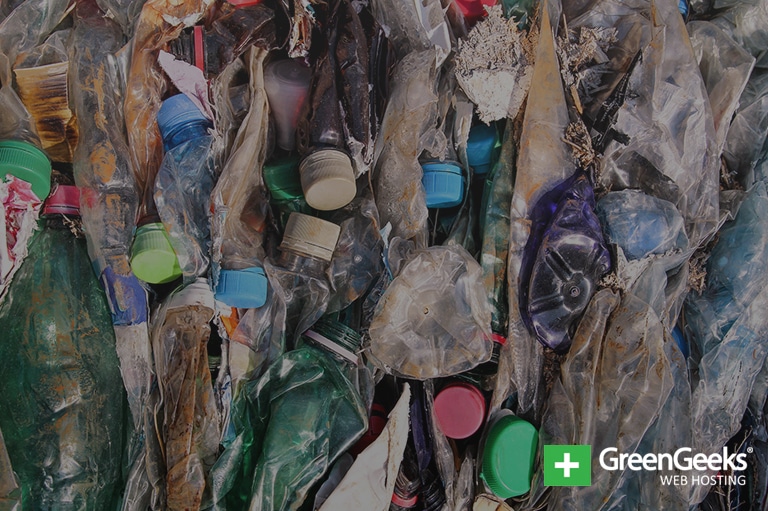
There are over 8.3 billion tons of plastic in our world and only 9% of that is actually recycled. Plastic Bank is a company that is monetizing plastic recycling and it is quite profitable.
And of course, this raises the question, how do they do it?
It’s no secret that plastic goods are extremely popular. Plastic can be and is used in most products we use. However, most of the plastic we use is newly created.
In reality, it is much cheaper to break down existing plastic and use it to create the same products. Unfortunately, the biggest issue with recycling is the infrastructure or lack of one.
The idea is of the business is to clean the planet and sell back the recycled plastic to companies to use.
How Does It Work?
The goal of the company is to not only help clean the planet, but also help poverty-stricken communities. In these communities, you will find Plastic Bank stores, where instead of money as the currency, plastic garbage is.
They can buy school tuition, medical insurance, wi-fi, cell phone minutes, power, and actual money.
For example, a plastic collector in Haiti, one of the poorest countries in the world, can make up to $5 a day. While this doesn’t sound like a lot, it is when you consider how the residents live on $2 a day.
Where Does the Plastic Go?
Once collected, the plastic is then processed and recycled where it is broken down into its base elements. Out of the 6.6 million kilograms collected, 85% of it has been recycled.
The recycled plastic is then sold to various companies.
An Uncertain Future

The world is clearly aware of the plastic epidemic, and just about every company is trying to reduce usage. Not only reduce usage but move towards biodegradables.
While this sounds good in theory, there is one big problem.
What happens to all of the plastic that exists now?
In reality, if there is no market for recycled plastic, there is no incentive. The current business model only works because plastic does have an inherent value.
If there is no use for the plastic that is being recycled, nothing will be done to clean it up.

